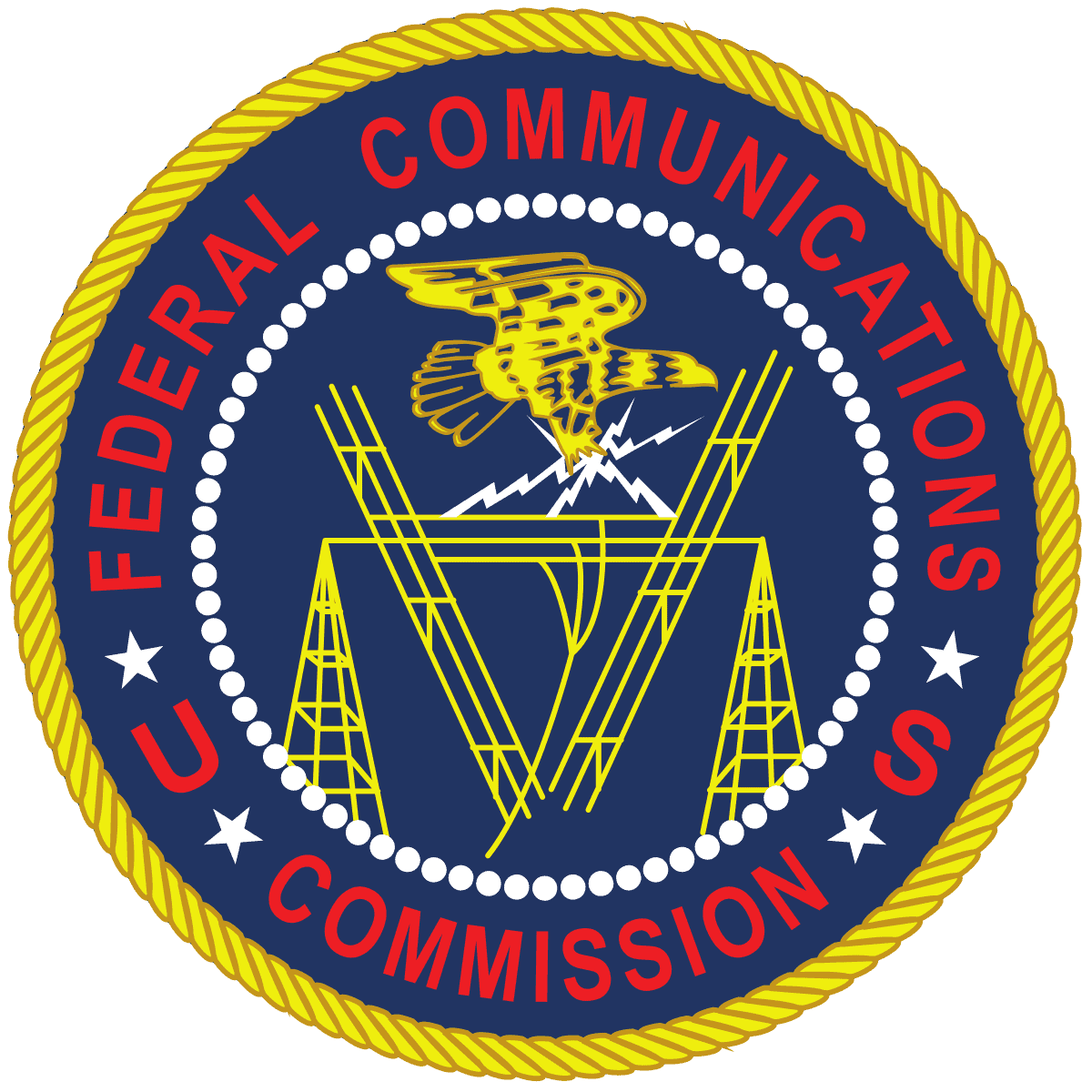Comments in Response to the National Telecommunications and Information Administration’s Petition for Rulemaking

COMMENTS SUMMARY
NCLA filed comments objecting to a petition for rulemaking that would penalize digital platforms like YouTube and Twitter for their good-faith efforts to restrict objectionable content. NCLA takes no position on whether NTIA’s proposed changes would be a good idea as a matter of policy. The comments encourage the Federal Communications Commission (FCC) to reject the National Telecommunications and Information Administration’s (NTIA) petition because implementing it would exceed FCC’s proper constitutional authority.
The petition, which NTIA filed at the behest of the White House, asks the Commission to substantively rewrite Section 230 of the Communications Decency Act (CDA) by adopting extensive regulatory revisions to the statutory text. But agencies cannot amend statutes by passing regulations. Only Congress has the power to amend a statute, through bicameralism and presentment.
NCLA’s comments focus primarily on NTIA’s insistence that the Commission exceed its lawful authority. The comments also argue that NTIA failed to distinguish between true ambiguity that would allow for rulemaking and its own disagreement with the law’s plain text as consistently interpreted by the courts. The petition repeatedly mistakes policy disagreements with settled law for statutory ambiguity and fails to provide a solid legal analysis of the statute that could support the proposed regulations. Section 230’s language is clear; there is no legal “gap” for FCC, or any agency, to fill without vastly exceeding the bounds of proper rulemaking.
Even if the Commission shared NTIA’s view about what Section 230 should look like, it has a constitutional obligation to leave such complex policy decisions in the hands of Congress and the President. NCLA asks FCC to reject entirely NTIA’s petition that urges the agency to contravene the statute and prevailing case law.
Join the new civil liberties movement. Protect Americans from the Administrative State!
DOCKET ID: RM-11862
LITIGATION COUNSEL: Caleb Kruckenberg
GENERAL COUNSEL: Mark Chenoweth
SUBMISSION DATE: September 2, 2020
CASE DOCUMENTS
September 2, 2019 | Comments in Response to the National Telecommunications and Information Administration’s Petition for Rulemaking
PRESS RELEASES
September 2, 2019 | NCLA Encourages Federal Communications Commission to Reject Flawed NTIA Rulemaking Petition
Washington, DC (September 2, 2020) – The New Civil Liberties Alliance, a nonpartisan, nonprofit civil rights group, filed comments today objecting to a petition for rulemaking that would penalize digital platforms like YouTube and Twitter for their good-faith efforts to restrict objectionable content. NCLA takes no position on whether NTIA’s proposed changes would be a good idea as a matter of policy. The comments encourage the Federal Communications Commission (FCC) to reject the National Telecommunications and Information Administration’s (NTIA) petition because implementing it would exceed FCC’s proper constitutional authority.
The petition, which NTIA filed at the behest of the White House, asks the Commission to substantively rewrite Section 230 of the Communications Decency Act (CDA) by adopting extensive regulatory revisions to the statutory text. But agencies cannot amend statutes by passing regulations. Only Congress has the power to amend a statute, through bicameralism and presentment.
NCLA’s comments focus primarily on NTIA’s insistence that the Commission exceed its lawful authority. The comments also argue that NTIA failed to distinguish between true ambiguity that would allow for rulemaking and its own disagreement with the law’s plain text as consistently interpreted by the courts. The petition repeatedly mistakes policy disagreements with settled law for statutory ambiguity and fails to provide a solid legal analysis of the statute that could support the proposed regulations. Section 230’s language is clear; there is no legal “gap” for FCC, or any agency, to fill without vastly exceeding the bounds of proper rulemaking.
Even if the Commission shared NTIA’s view about what Section 230 should look like, it has a constitutional obligation to leave such complex policy decisions in the hands of Congress and the President. NCLA asks FCC to reject entirely NTIA’s petition that urges the agency to contravene the statute and prevailing case law.
NCLA released the following statement:
“NTIA has petitioned the Commission to violate basic constitutional limits on its authority by settling a complex policy debate through a complete rewrite of one of the most important statutes governing internet speech. No agency has that power. The Commission should dismiss this petition and leave it to Congress to write the laws.”
— Caleb Kruckenberg, Litigation Counsel, NCLA
ABOUT NCLA
NCLA is a nonpartisan, nonprofit civil rights organization founded by prominent legal scholar Philip Hamburger to protect constitutional freedoms from violations by the Administrative State. NCLA’s public interest litigation and other pro bono advocacy strive to tame the unlawful power of state and federal agencies and to foster a new civil liberties movement that will help restore Americans’ fundamental rights.
